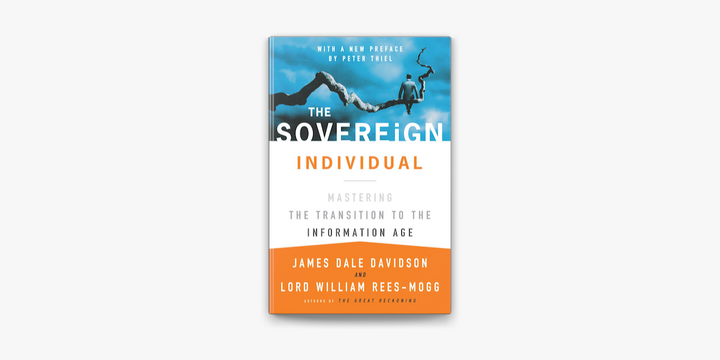When Money Dies: The Perils of Hyperinflation and the Rise of Bitcoin

"When Money Dies" is a compelling book written by Adam Fergusson that chronicles the disastrous consequences of hyperinflation in Weimar Germany during the 1920s. The economic and social havoc unleashed by the rapid devaluation of the German currency serves as a stark reminder of the importance of sound and reliable money. In today's digital age, Bitcoin has emerged as a promising alternative to traditional currencies, demonstrating a strong potential to protect individuals from the perils of hyperinflation. This article will explore the key lessons from "When Money Dies" and how they relate to the growing importance of Bitcoin.
Lesson 1: The Destructive Consequences of Unsound Money
Fergusson's book paints a grim picture of how the relentless printing of money by the German government during the Weimar Republic era led to an economic collapse. With the currency losing its value at a rapid pace, people were no longer able to trust the national currency for savings or long-term investments. The German people's faith in the monetary system was shattered, and the economy spiraled into chaos. The situation was exacerbated by a tide of speculators, who profited by betting against the currency.
Bitcoin, on the other hand, is inherently deflationary, with a fixed cap of 21 million coins. This means that, over time, it does not suffer from the same inflationary pressures as fiat currencies. The deflationary nature of Bitcoin makes it a solid store of value, offering people a way to preserve their wealth even in the face of economic crises.
Lesson 2: The Importance of Monetary Sovereignty
The hyperinflation crisis in Weimar Germany was, in part, a result of a lack of monetary sovereignty. Germany had to print money to meet its war reparations obligations, as specified in the Treaty of Versailles. As a result, the country's monetary policy was effectively dictated by foreign creditors, leading to disastrous economic mismanagement.
Bitcoin's decentralized nature allows users to maintain their own monetary sovereignty. It operates on a global network of computers and is not controlled by any single entity, such as a government or central bank. This prevents the manipulation of monetary policy through tools such as quantitative easing or policy interest rates, allowing individuals to safeguard their wealth and financial freedom.
Lesson 3: Long-term Stability and Trust in Money
Hyperinflation in Weimar Germany ultimately led to a complete loss of trust in the currency, with people resorting to bartering and the use of foreign currencies, such as U.S. dollars, to conduct transactions. The restoration of trust was only possible with the introduction of a new currency, the Rentenmark, which was backed by real assets.
Bitcoin's digital nature, its deflationary characteristics, and its global decentralization make it a more stable and trustworthy store of value than traditional fiat currencies. It is also more resistant to the impacts of geopolitical events or a single country's economic downfall, as it is not pegged to any one nation's economy.
"When Money Dies" is a cautionary tale of the dangers of unsound money and the perils of hyperinflation. As we continue to navigate the complexities of our global economy and witness the ongoing impact of monetary policies on the value of currencies, the lessons from this book grow increasingly relevant.
Bitcoin, with its decentralized and deflationary nature, emerges as a viable alternative to traditional currencies, offering protection from the catastrophes witnessed in Weimar Germany. As a digital asset with global acceptance, it could play a crucial role in protecting individual wealth and fostering trust in money while providing a stable and efficient means of transacting in the ever-evolving digital world.
Spread the word!
Don't forget to follow Bitcoin du Liban on our social media



Comments ()